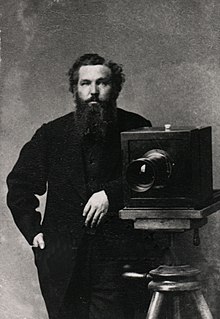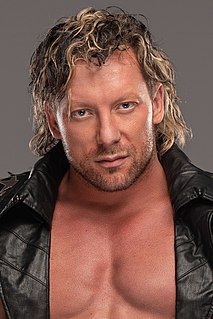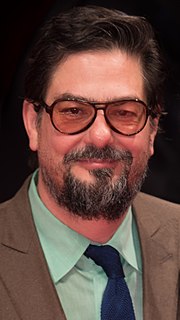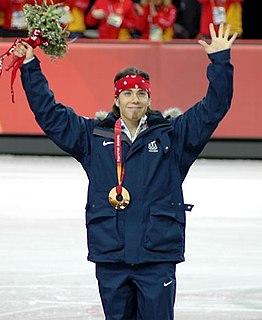A Quote by Natan Sharansky
Japan is not a Western democracy. The Japanese have kept their traditions, culture and heritage, but they have joined the community of free nations.
Related Quotes
A very enjoyable meditation on the curious thing called 'Zen' -not the Japanese religious tradition but rather the Western clich of Zen that is embraced in advertising, self-help books, and much more. . . . Yamada, who is both a scholar of Buddhism and a student of archery, offers refreshing insight into Western stereotypes of Japan and Japanese culture, and how these are received in Japan.
We can't attribute a long history of democratic traditions to Japan, either, but today Japan boasts a fully-fledged democracy in which governments change according to democratic procedures. It's no coincidence that the Taiwanese, Japanese, and South Korean economies are among the most innovative in Asia.
I understand that and I have had very candid discussions with Saudi leaders in the past. I respect their culture and their heritage and their traditions, but I think that they now, as they move forward, will have to start examining these traditions and these practices to see whether or not change is appropriate.






































